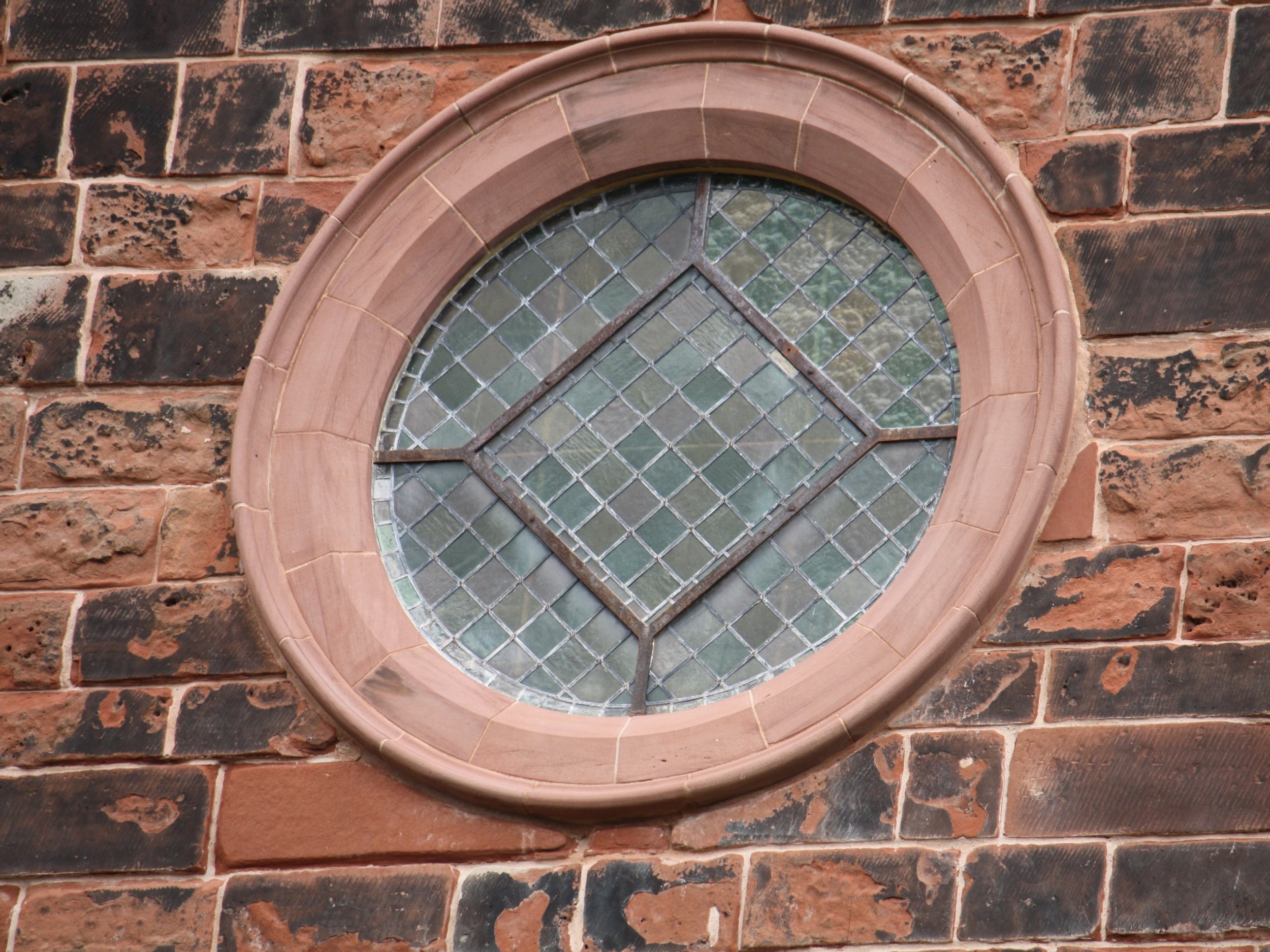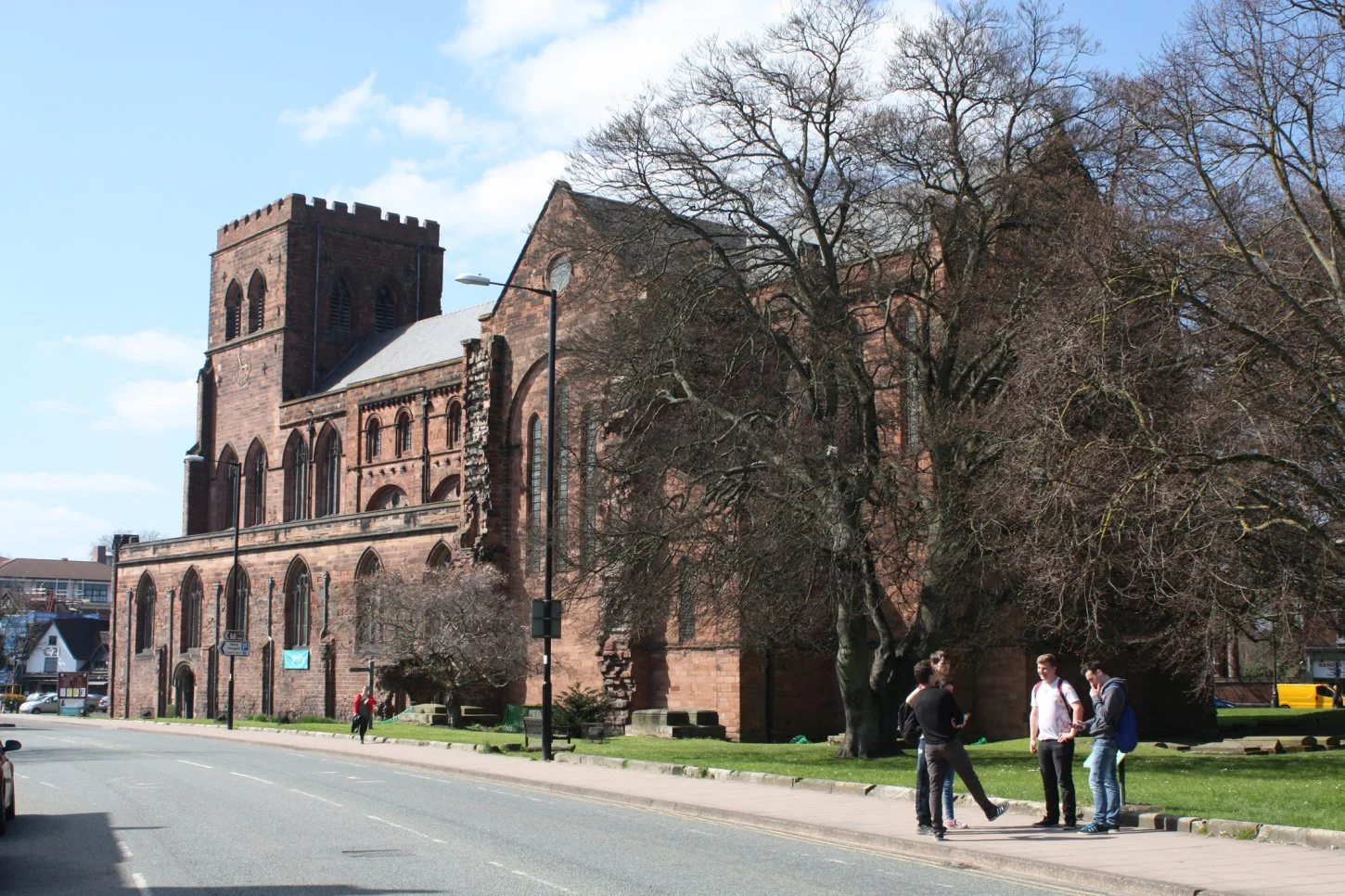Shrewsbury Abbey
Shrewsbury Abbey was founded in 1083 as a place of Christian witness and worship and is a Grade I Listed building of great historical importance that is still in use today as a Parish Church.
In 1136 the bones of St Gwenfrewi, known as St Winifred to the English, were enshrined in the Abbey and the Medieval Abbots of Shrewsbury were often drawn into political life because of their great diplomatic and administrative skills. They would be called upon to inspect the local militia, they served as Justices of the Peace and as gaolers for important hostages; and, from the 13th century, they sat in Parliament.
In the 20th century, it became the home of the fictional Brother Cadfael, and now receives thousands of visitors a year who want to connect with the stories they have read of the Benedictines who lived in the Abbey.
Mark Newall was appointed Abbey Architect in 2000 and since his appointment he has supervised a number of repairs on the fabric of the building including extensive repair of the north elevation stone work. This included new tracery to the north windows along with areas of new dressed stone to replace heavily eroded existing stonework.
Other projects have included restoration works following the catastrophic floods in 2000, replacing north and south aisle floors with stone paving as well as introducing a new flood protection scheme.
In parallel with the ongoing stone masonry works, Mark oversaw the specialist conservation contract for the Charlton Tomb, a 16th century tomb of Sir William and Anne Charlton of Apley Castle, which was brought to the Abbey in the 18th Century following the destruction of the Wellington Old Parish Church.






